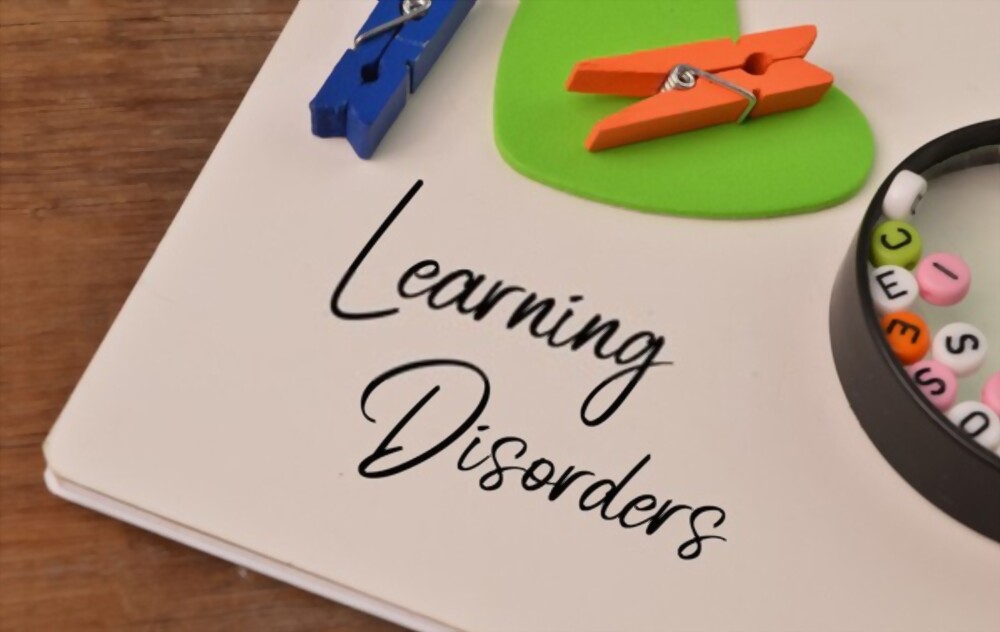People with this condition tend to have a limited understanding of either spoken language or language that has been written down, and sometimes both. This condition interferes with how the individual processes language, limiting their understanding of words and contexts in which language can be used.
What Are the Symptoms of Oral/Written Language Disorder and Specific Reading Comprehension Deficit?
Individuals with this condition can have various symptoms, primarily based on their understanding and comprehension of language. For example, the person may need help recognising words, understanding their meaning and how to apply the words in a sentence. They may also need help with using language orally, finding the right word to express themselves or being unsure whether a word fits the context that they are using.
In terms of the individual’s symptoms around written language, they are likely to have trouble with grammar and spelling mainly, difficulty in elaborating on or extending sentences that they have written, and their knowledge of word structure is likely to be limited.
Individuals with this condition may be misdiagnosed with Dyslexia or another similar condition. However, it is common for an individual to have other conditions alongside their diagnosis of a Written Language Disorder. ADHD is common alongside many conditions, such as Dyslexia or Written Language Disorder.
Written Language Disorder can be recognised if symptoms appear early, mainly if a child seems to be developing their writing skills slower than their peers. It is also often the case that a Written Language Disorder can be diagnosed before a learning disability. However, it is a good idea to monitor symptoms for a while because children generally develop their academic ability at different rates.
Oral/Written Language Disorder and Specific Reading Comprehension Deficit Causes:
There is no specific cause for Written Language Disorders, but a few factors may influence a child’s ability to learn or develop their language skills. One of these factors may be genetic. It is also possible that it can be connected with the development of the brain.
There are a few other possibilities, such as having less access to reading and writing materials than a child’s peers. Symptoms from other conditions may have an influence, such as if the child also has symptoms or a diagnosis of ADHD, which tends to affect their attention span, and reading ability due to defocus.
Oral/Written Language Disorder and Specific Reading Comprehension Deficit Diagnosis:
As with other conditions, a conversation between the parents and teachers usually is the starting point. If the child’s reading or writing ability seems consistently lower than their peers, then there is a possibility for Written Language Disorder.
The conversations between the parents and teachers may result in initial tests to observe the child’s symptoms and assess their working level. These tests will form the basis for whether a formal assessment and potentially a diagnosis is required.
Why Is a Diagnosis Critical?
With any condition affecting a child’s academic studies, getting an assessment and potentially a diagnosis as early as possible is essential. A diagnosis is likely to improve their academic experience and encourage good self-esteem and a better understanding of their condition as they grow older.

For conditions like this, where social skills are likely to be affected, gaining an early diagnosis can help peers and friends better understand the individual, which is likely to improve the individual’s happiness as they are less likely to feel left out. It is also essential for the child to understand their condition to provide more insight to other people they meet in the future, who may otherwise expect their social, numerical or verbal skills to be more advanced than they are.
Oral/Written Language Disorder and Specific Reading Comprehension Deficit Treatment:
There are many treatment options for this condition and similar conditions. One option is to ask the child to write new letters and words via tracing paper to allow them to get a grasp and an idea of how to write the letters, the movement involved and what it looks like on the page afterwards.
There are a few ways to improve their comprehension of language, such as regularly asking them for feedback on writing pieces. For example, ask them to explain what they have been reading every few minutes to observe what information they are absorbing. Another option would be to advise them to create mental images of what they have read to encourage their memory of written language.
Physical sports can help improve motor skills and hand-eye coordination, and this may also encourage the child to engage with their peers and make friends.
It will be possible to give the child a simulated social scenario to monitor their natural social skills and to allow time for them to feedback on their behaviour. This can be done in an academic environment, but the child may be more comfortable doing this with their parents or a trusted adult.
Conclusion:
Oral/Written Language Disorder And Specific Reading Comprehension Deficit is a condition that affects how an individual processes written or spoken language. A change in brain development may cause it, or it can be genetic. Many of the symptoms will be based on language usage, which will likely affect an individual’s ability to spell or write words. It is crucial to gain a diagnosis early, and many treatment options are available to help the individual enjoy their academic experience and have a high quality of life.












